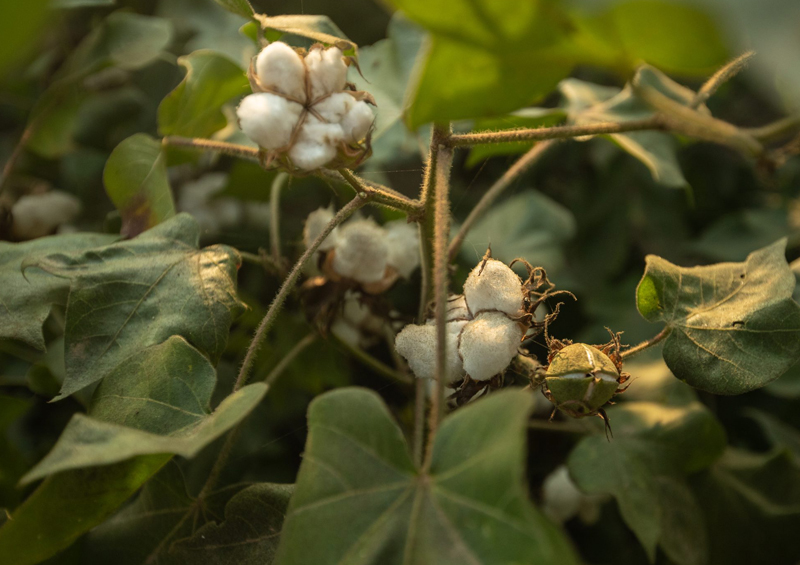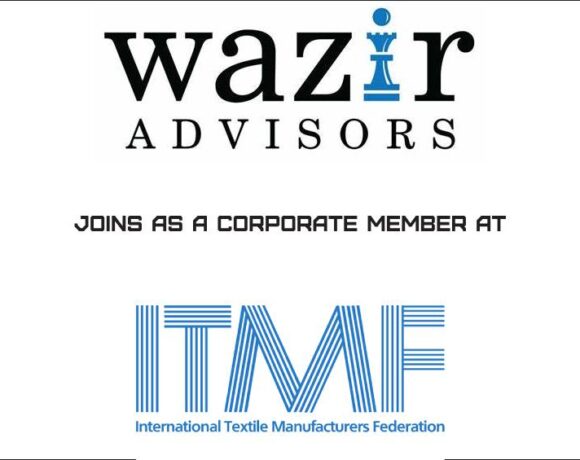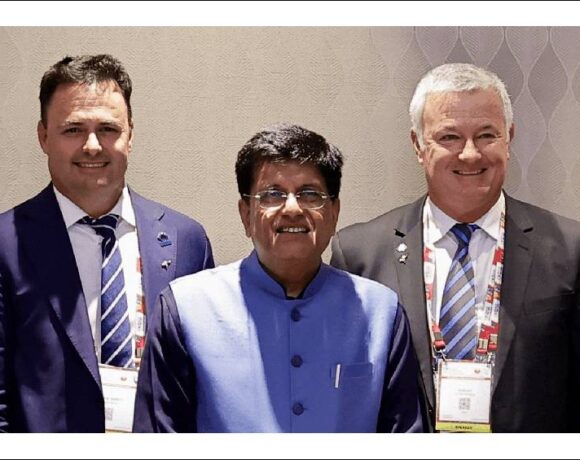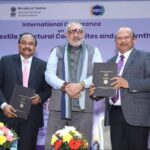Better Cotton Urges EU To Align Green Claims Directive With Anti-Greenwashing Measures

Better Cotton has provided feedback on the European Union’s proposed Green Claims Directive, emphasizing the need for clarity and alignment with other legislative measures to combat greenwashing.
The proposed directive, published in March, seeks to establish common criteria for substantiating environmental claims made by companies. It requires products and services to be accompanied by accurate and verifiable information regarding their sustainability credentials.
To address the adverse impacts of the textile industry and protect consumers and businesses from misleading practices, the EU has introduced a suite of legislative proposals. These measures are designed to tackle the rise in greenwashing, which has left consumers uncertain about the authenticity of sustainability claims, impeding their ability to make well-informed purchasing decisions.
Better Cotton has supported the EU’s proposed directive and emphasizes the importance of clear guidance in standardizing industry practices to eliminate greenwashing. As part of its commitment to transparency, Better Cotton has established a Claims Framework through a consultative process involving multiple stakeholders and subject to annual review. This framework enables eligible members to communicate their commitment to Better Cotton in an accurate and credible manner.
Through this framework, Better Cotton members can demonstrate their investment in sustainable cotton, reinforcing their dedication to the organization’s farm-level programmes, which aim to foster social, environmental and economic improvements for cotton farmers and communities.
The multifaceted nature of Better Cotton’s operations has led the organization to support the EU’s decision not to restrict claim substantiation to a single methodology, such as the Product Environmental Footprint (PEF) or Life Cycle Assessment (LCA). A flexible approach is crucial to encompass all complex and interconnected aspects of cotton production, ensuring companies can make claims about their commitment to sustainable cotton.
Lisa Ventura, Public Affairs Manager at Better Cotton, has underscored the significance of flexibility in adapting substantiation methods to various impact categories and practices across sectors and materials. This adaptability would foster a just transition worldwide and enhance sustainable livelihoods.
In its feedback, Better Cotton has addressed the role of the Green Claims Directive in conjunction with other related legislation, including the Directive on Empowering Consumers for the Green Transition introduced concurrently. The organization has sought clarity and alignment on whether sustainability labels, alongside environmental labels, should comply solely with the Empowering Consumers Directive or also fall under the purview of the Green Claims Directive.
Better Cotton has appreciated the EU’s leadership in standardizing sustainability communications and is open to supporting authorities as they refine proposed legislation in response to stakeholder input. Better Cotton remains dedicated to driving positive change and advancing sustainable practices in the textile industry.















